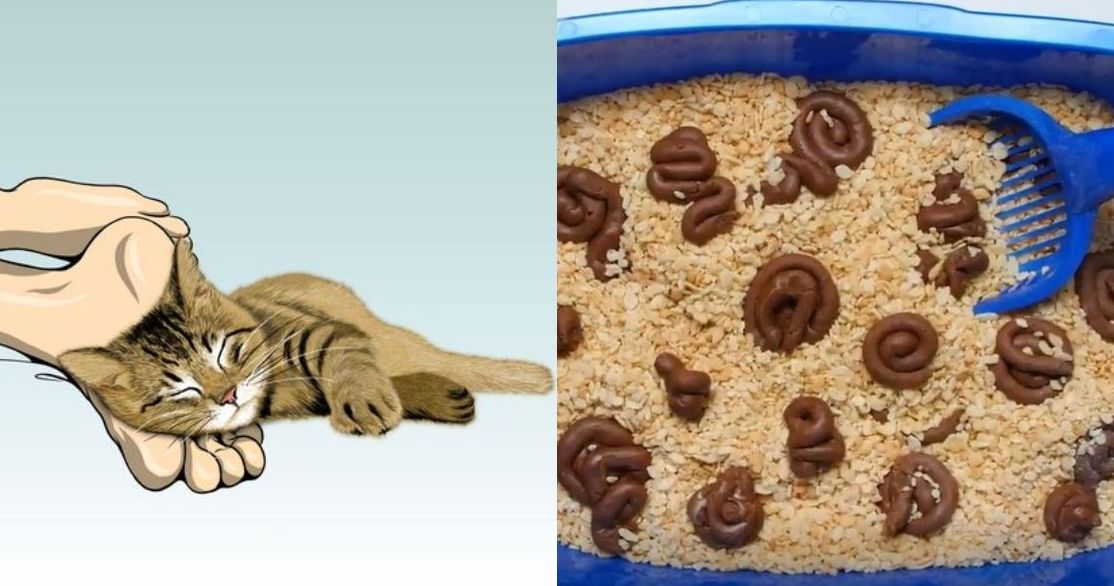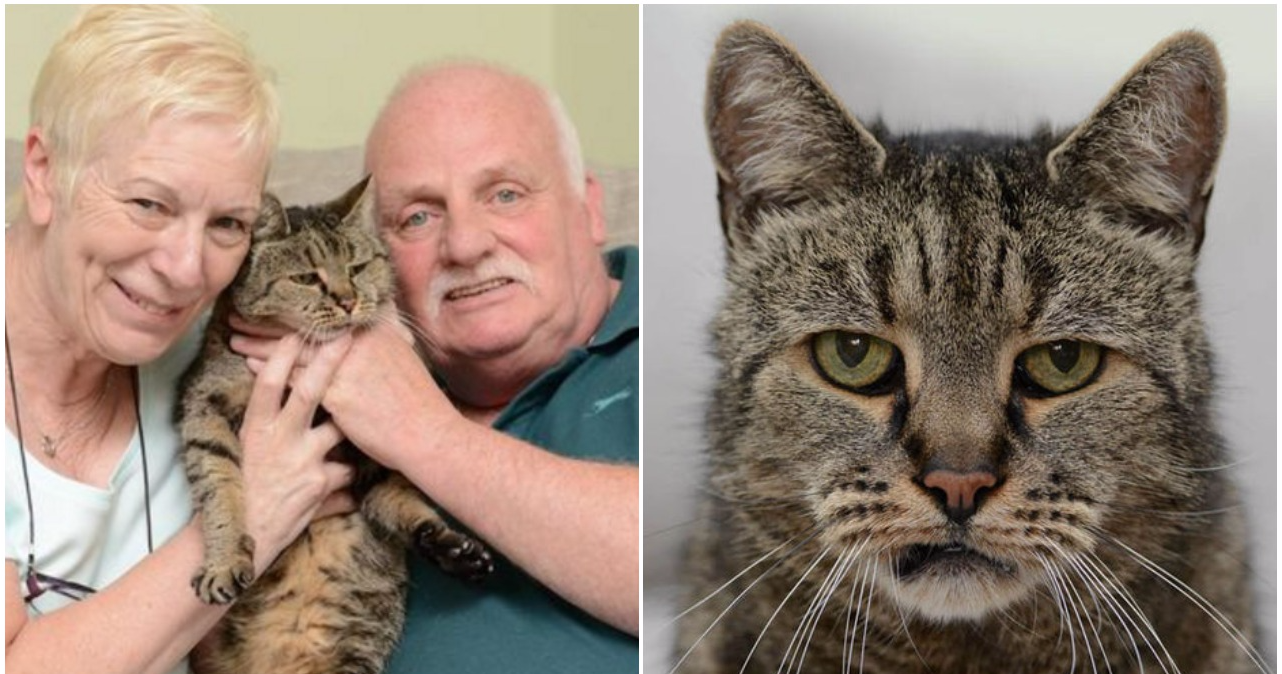If you own a cat (or four) then you will know that they are constantly licking and grooming themselves.
People have always told me that cats are clean, however, I decided to look into it a little more deeply. I recently watched a cat go from the litter box, where they had a good dig, and then jump on my counter, my table, and all over my couch before settling on my lap. Can this possibly be sanitary?
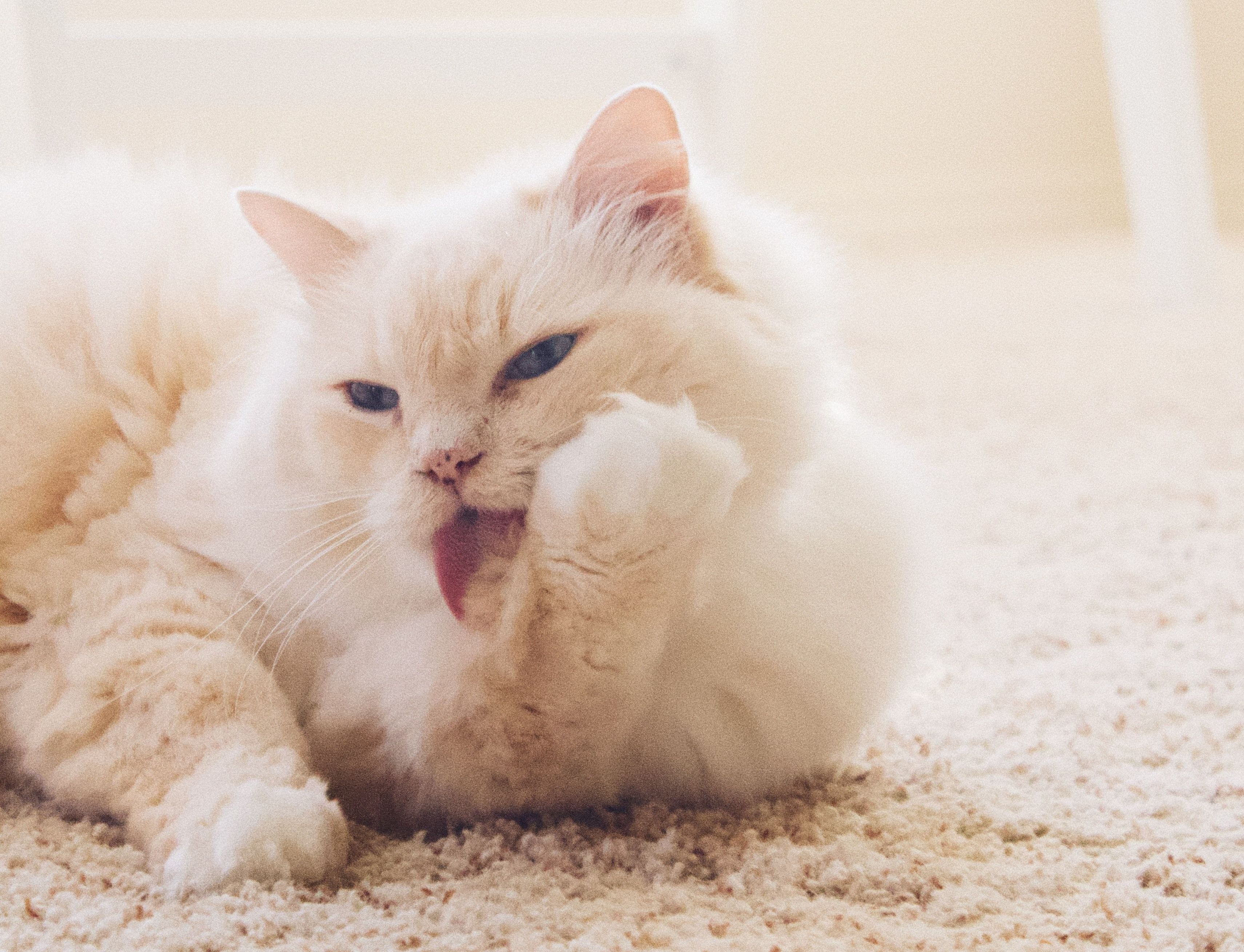
Now, before I get started, I want to be clear. I love cats. I have owned many and rescued even more and I know they make fantastic companions. Research has shown that cats can provide emotional support, improve moods, and contribute to the overall morale of their owners and nearly 40 million households in the United States have pet cats.
BUT, and hear me out here, people should be aware: sometimes cats can carry germs that can cause a plethora of illnesses in humans.
Here are just a few we should be wary of:
Ever heard of Campylobacter? Well, this bacterium is one of the most common causes of diarrhea in the US, estimated to affect more than 1.3 million people annually. According to PetMD, around 49% of dogs and 45% of stray cats carry Campylobacter and shed it in their feces. It is most common in puppies and kittens younger than 6 months. How do you get it? Through contact with the poop of an affected animal. Cats who are infected may show no signs of infection.
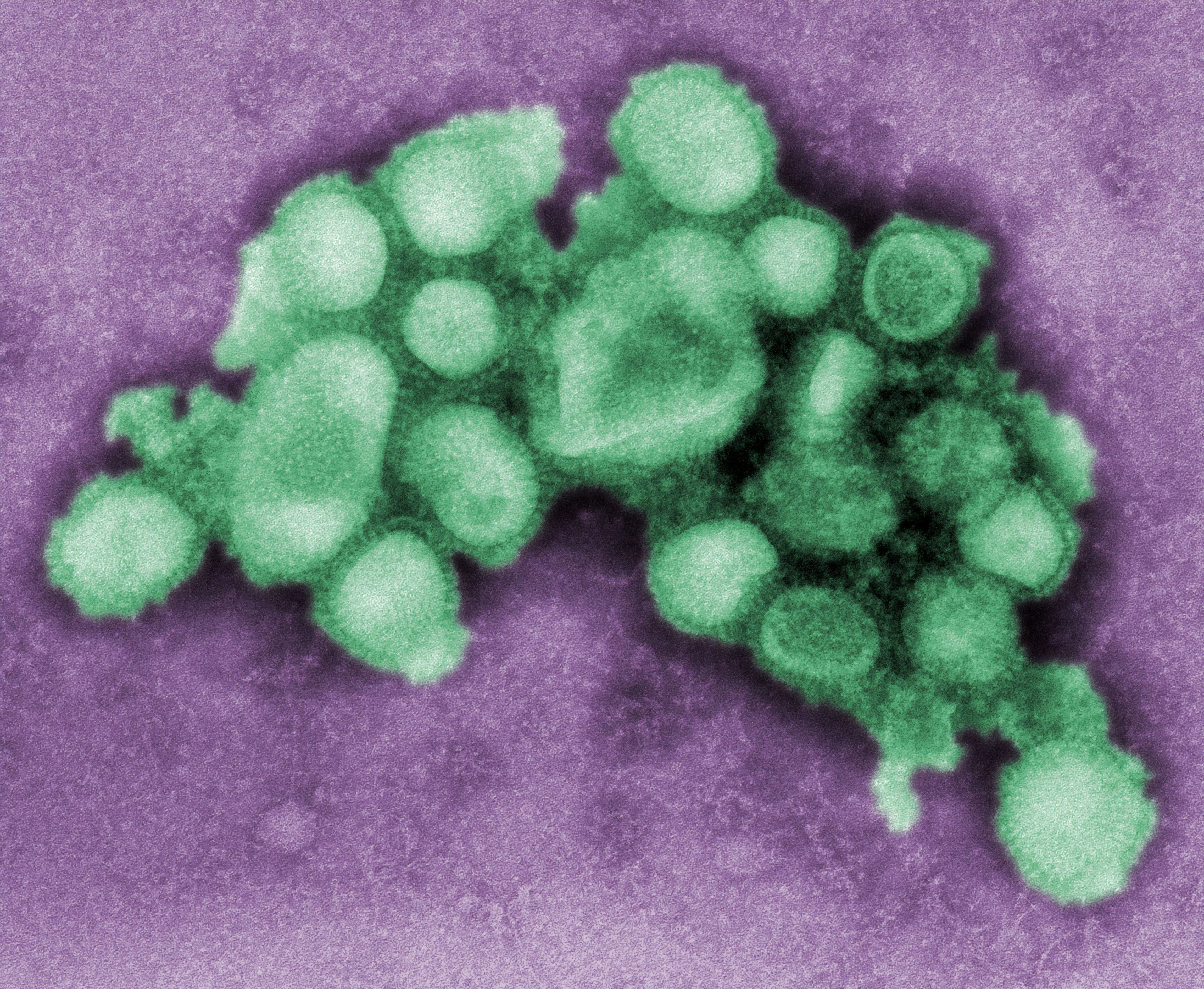
Influenza and even the bird flu can be spread through cats the same way it is with humans. : through direct contact (playing or sleeping together, licking, nuzzling); through the air (droplets made from coughing or sneezing, including nasal discharge); and via contaminated surfaces (such as shared food and water bowls, cage surfaces). The CDC does believe the risk of this is low but the risk depends on the age and health of the owner.
Pasteurella multocida is a bacterium found in the mouths of between 70 and 90 percent of cats, and it has been found in between 50 and 80 percent of cat bites in humans that become serious enough to seek medical attention. If you have a biter, beware.
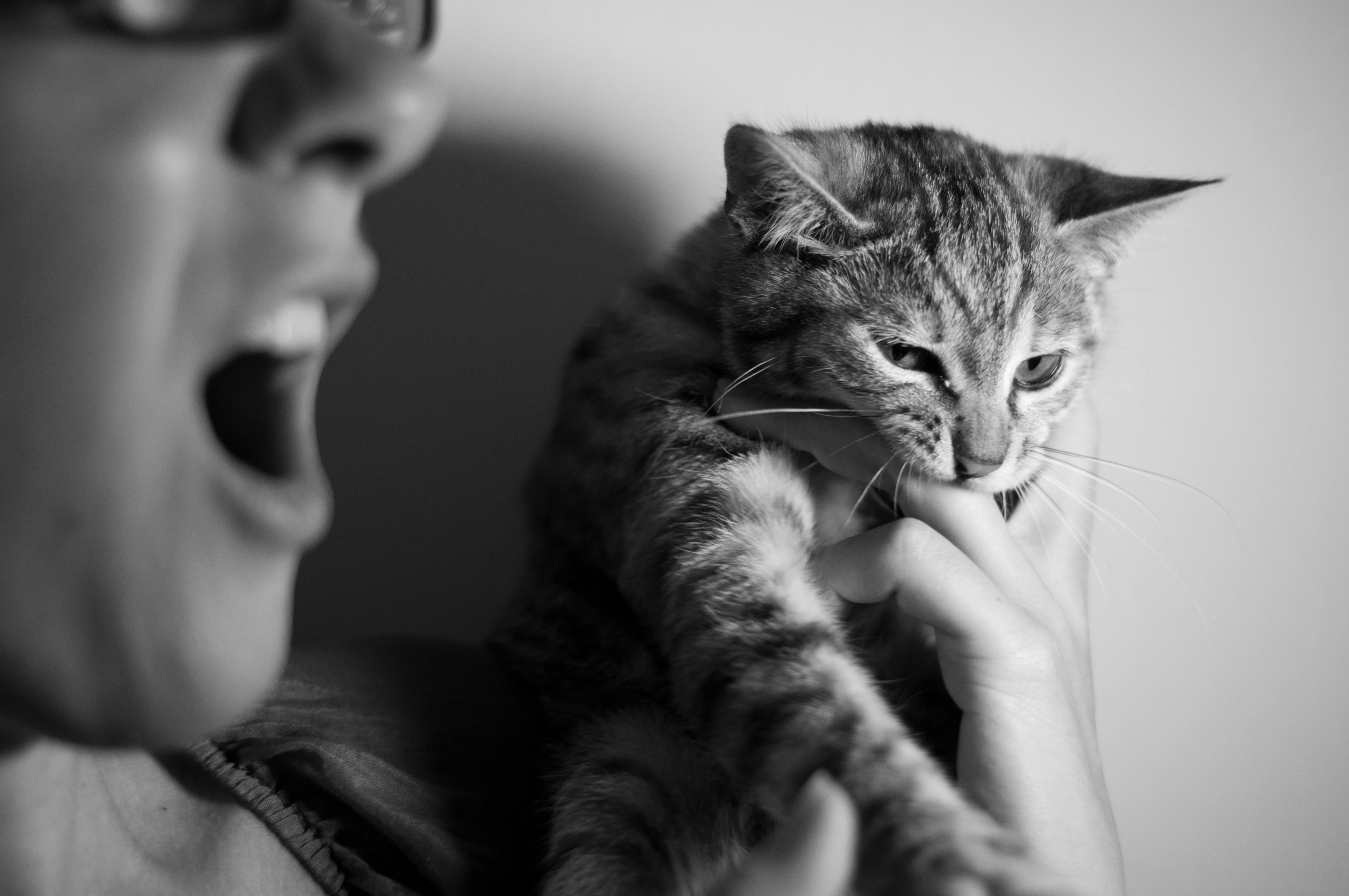
We have all heard of salmonella poisoning, right? Did you know you can get this from our furry little babies? Infected cats can carry Salmonella bacteria and pass them in their stool. Although salmonellosis usually resolves on its own, some individuals require medical attention to address severe diarrhea or the effects of the infection on organs other than the digestive tract.
Certain feline intestinal parasites, including roundworms (Toxocara) and hookworms (Ancylostoma), can also cause disease in people. Children are particularly at risk due to their higher likelihood of contact with soil that has been contaminated by cat feces.
It's clear to see what the problem here is: the poop.
The good news is, once a cat cleans its paws you don't need to worry about the fecal matter as much anymore, the bad news is unless you watch them all the time, how will you know if they have washed them?
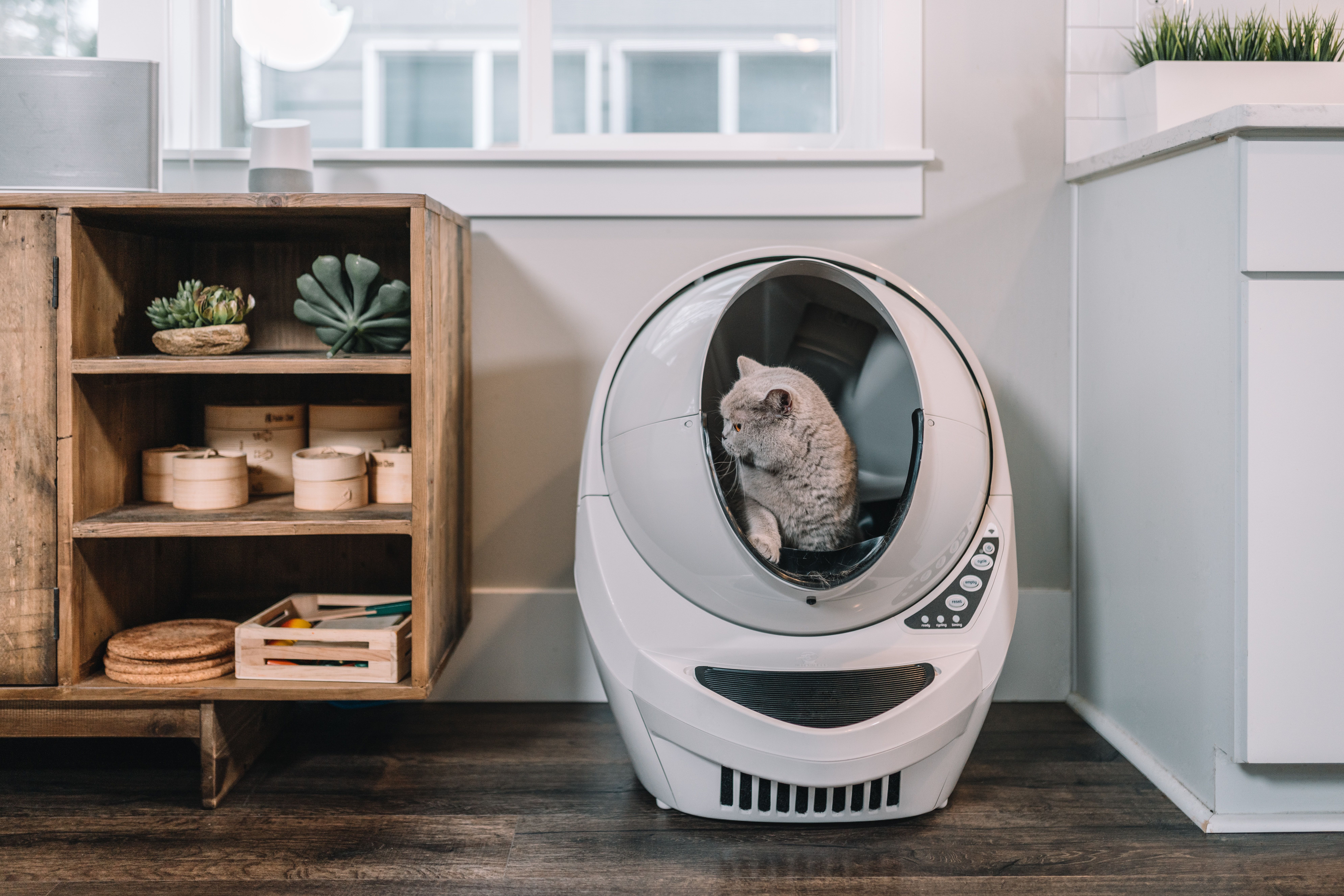
Important Information For The Conscientious Cat Owners
Vacuum
I know I don't want to vacuum every single day, and most likely you don't need to. However, if you can see cat hair on the couch, chances are there will be germs there too. How often and thoroughly you vacuum your furniture, carpets, and drapes depends on how many cats you have, whether they’re short- or long-haired breeds, and how badly the dander and germs bother you.
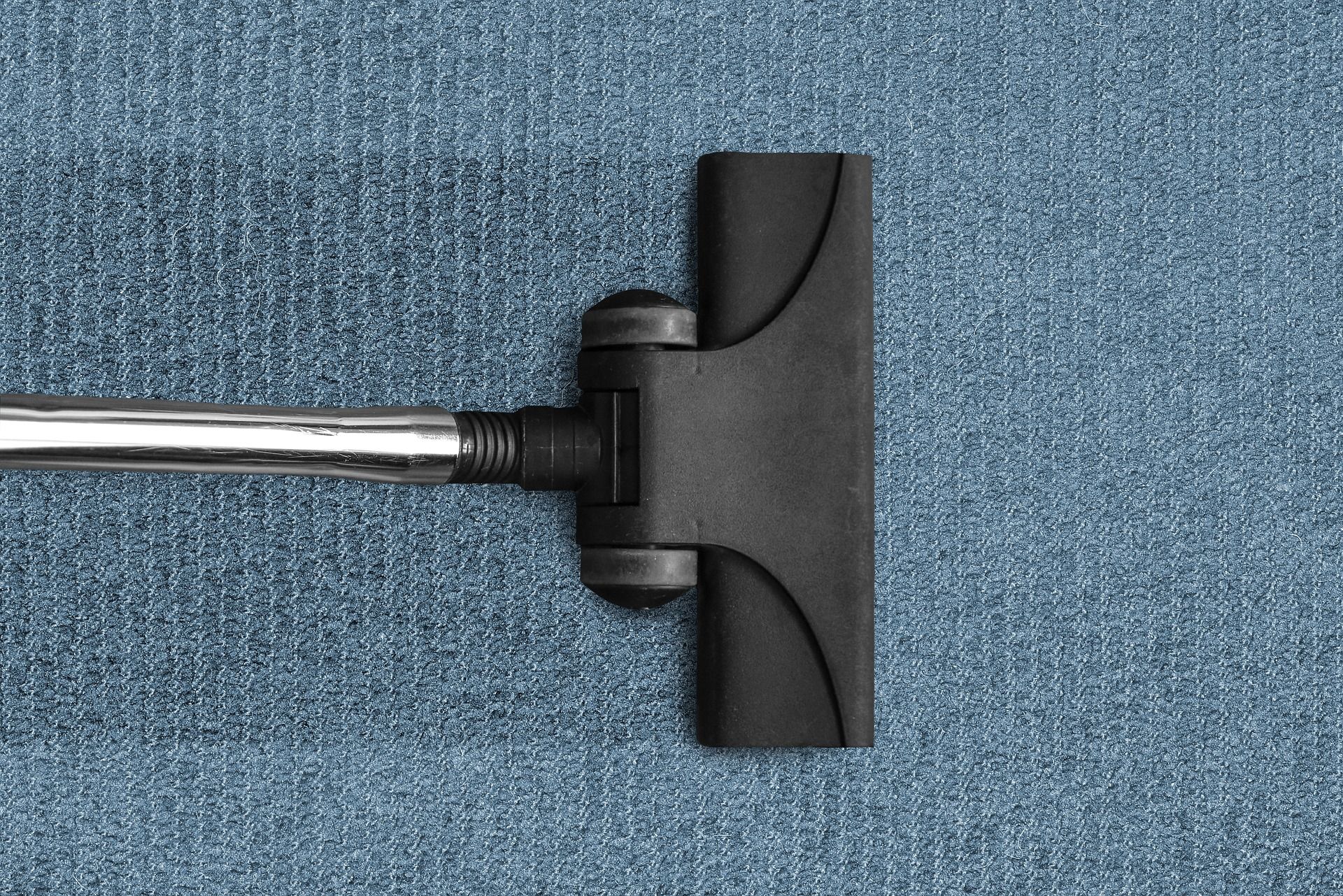
Clean The Litter Box Properly
How many cats do you have and how many litter boxes do you have? A general rule of thumb is to have one litter box per cat plus one extra. One cat pees 2-4 times a day and does a number 2 once. Lots of factors come into play when it comes to "how much" and if your cat drinks a lot of water or eats a lot... you get the picture. You should be scooping twice a day, ideally but you can probably get by with once. Don't slack or get lazy, this is how you end up sick. Remember, you will need to clean the tool you use for scooping and then the sink after that. If you don't suspect illness, baking soda paste will work but if you do, use a product registered as a disinfectant by the EPA. Replace the litter weekly and add several inches of fresh litter after disposing of the old. The entire litter box can be cleaned at the same time using dish soap and warm water or vinegar and water to clean the box. Don't use bleach.
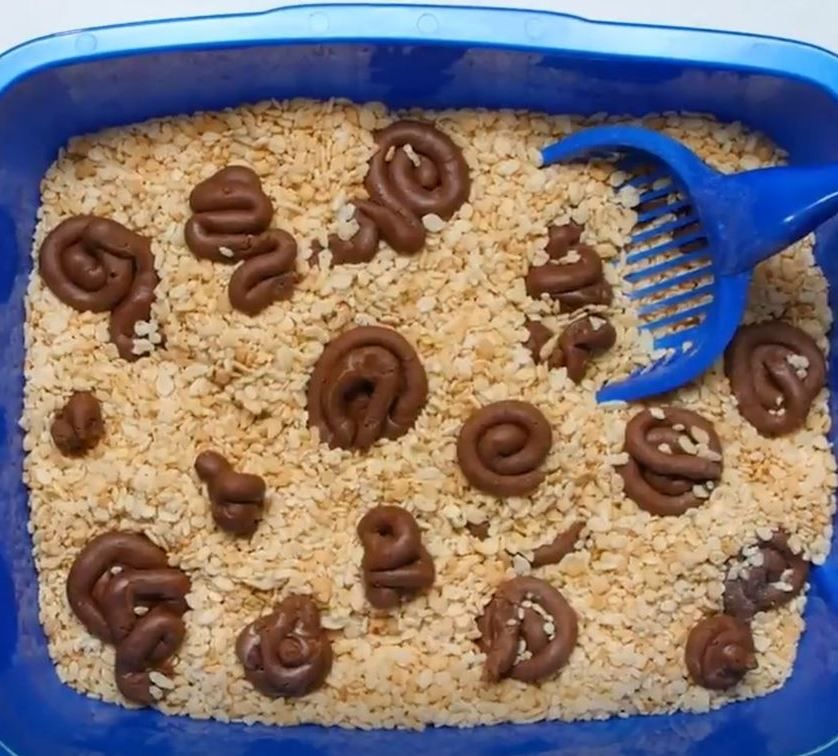
Wash Your Hands
A common practice these days, but if you have been handling your cat, letting your cat lick you, or cleaning the litter box, for the love of all things holy, wash your hands. Be especially careful to wash before preparing meals after playtime with your pet. The Centers for Disease Control actually recommend washing your hands every time you touch your cat, their drool, or their litter box.
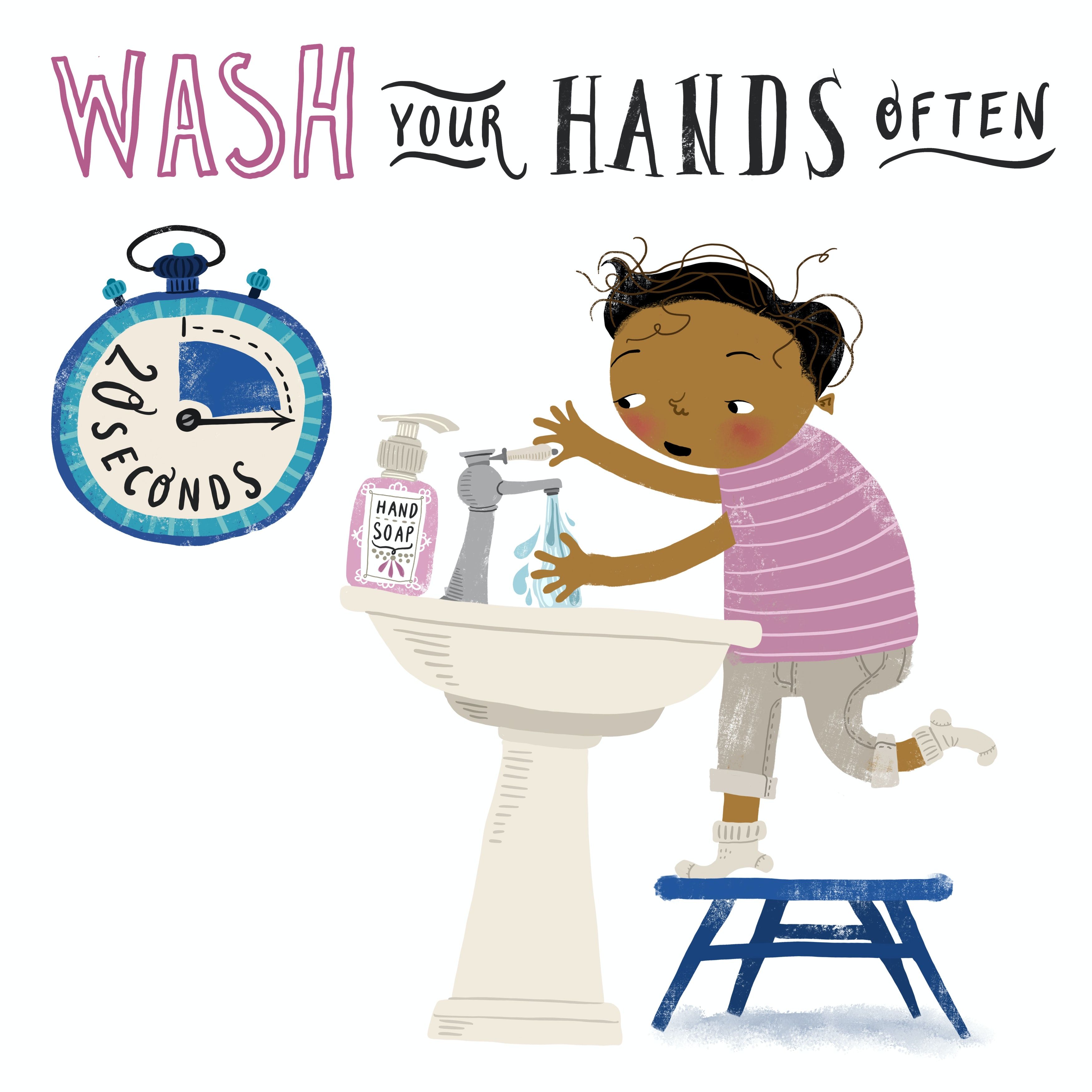
No Cats In The Bed
Everywhere your cat goes, it drags bacteria, drool, dirt, and kitty litter with it. It's a smart idea to make your bed the one place that's off-limits for your pet. That isn't going to be a popular announcement because nearly three-quarters of pet owners in the United States share the bed with the furry friend, according to one survey.
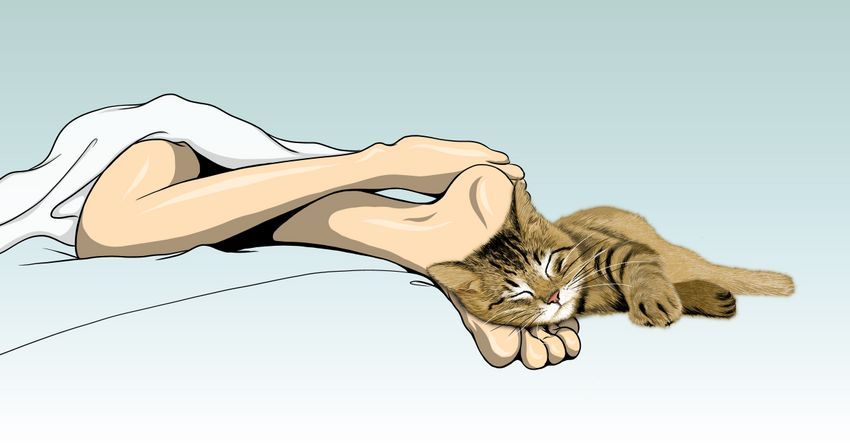
Get An Air Filter
I especially recommend this if you have multiple felines. Air filters and purifiers can go a long way to removing airborne dirt, dust, and dander from your home. Not only do they reduce odors and allergens but nobody wants to walk into a house that smells like cats.
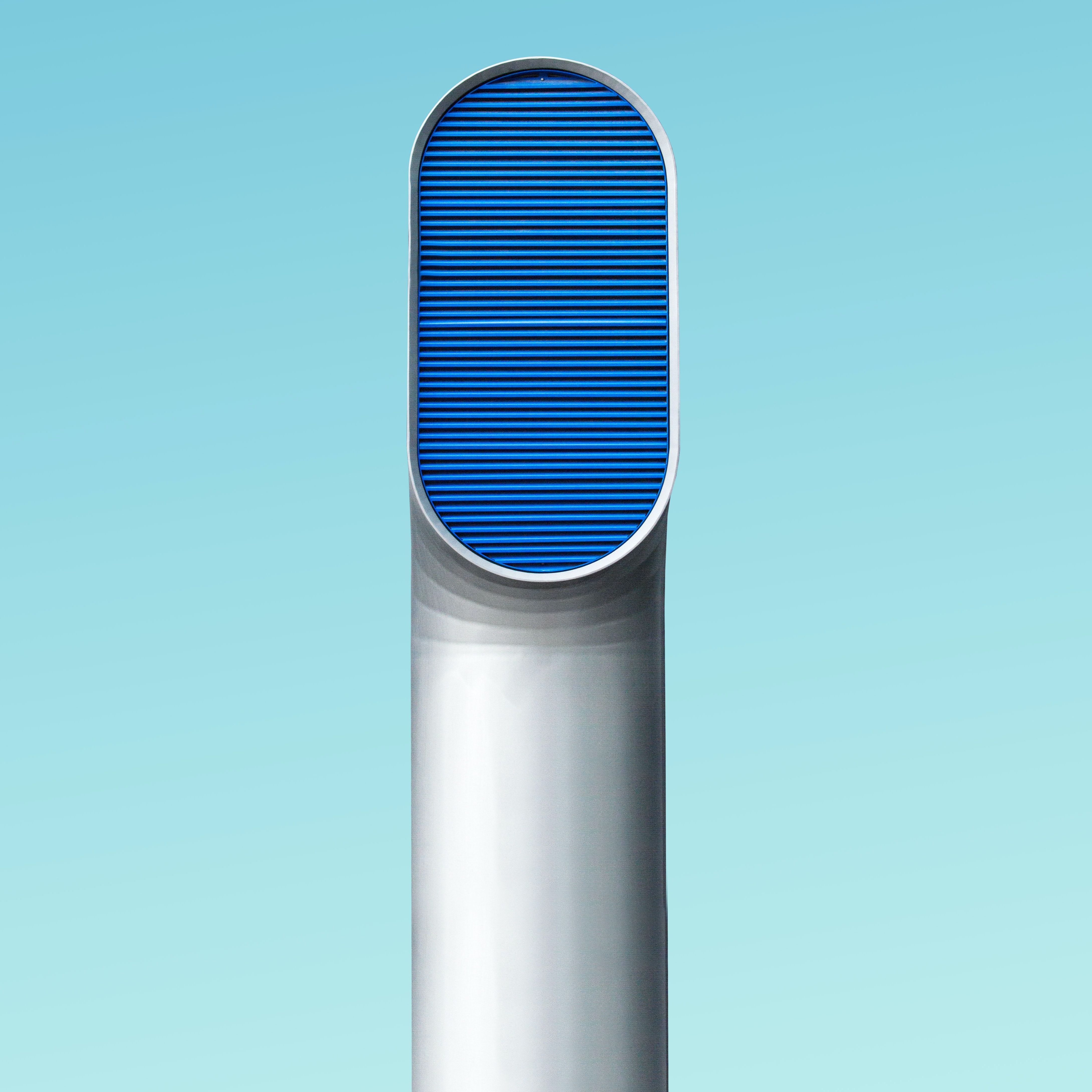
Get Your Pet Vaccinated And Routinely Evaluated
All responsible pet owners know that you need to visit a veterinarian regularly to ensure your pet is healthy and to prevent infectious diseases. You also need to make sure your pet is up-to-date with the required vaccinations. The average life span of a house cat is around 14 years old which is 10 years longer than the average for cats that live strictly outdoors. Even if your kitty appears perfectly healthy, they are masters of hiding illness.
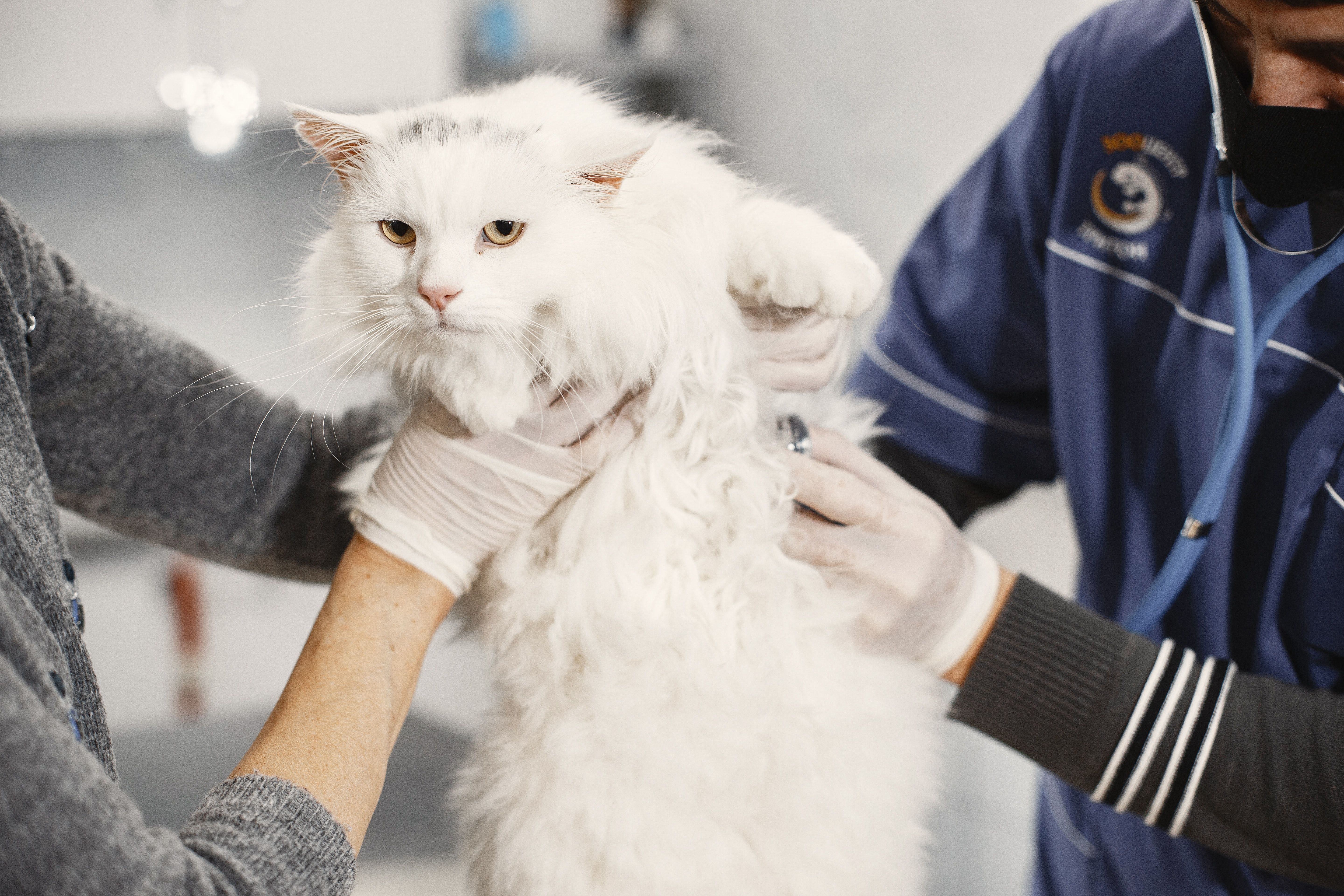
Brush Your Cat Regularly
I'm lucky, my cat loves to be brushed. Hair that is captured on a brush means less hair you’ll have to clean up from your couch and floor later. It also helps to reduce hairballs which is another unsanitary mess.
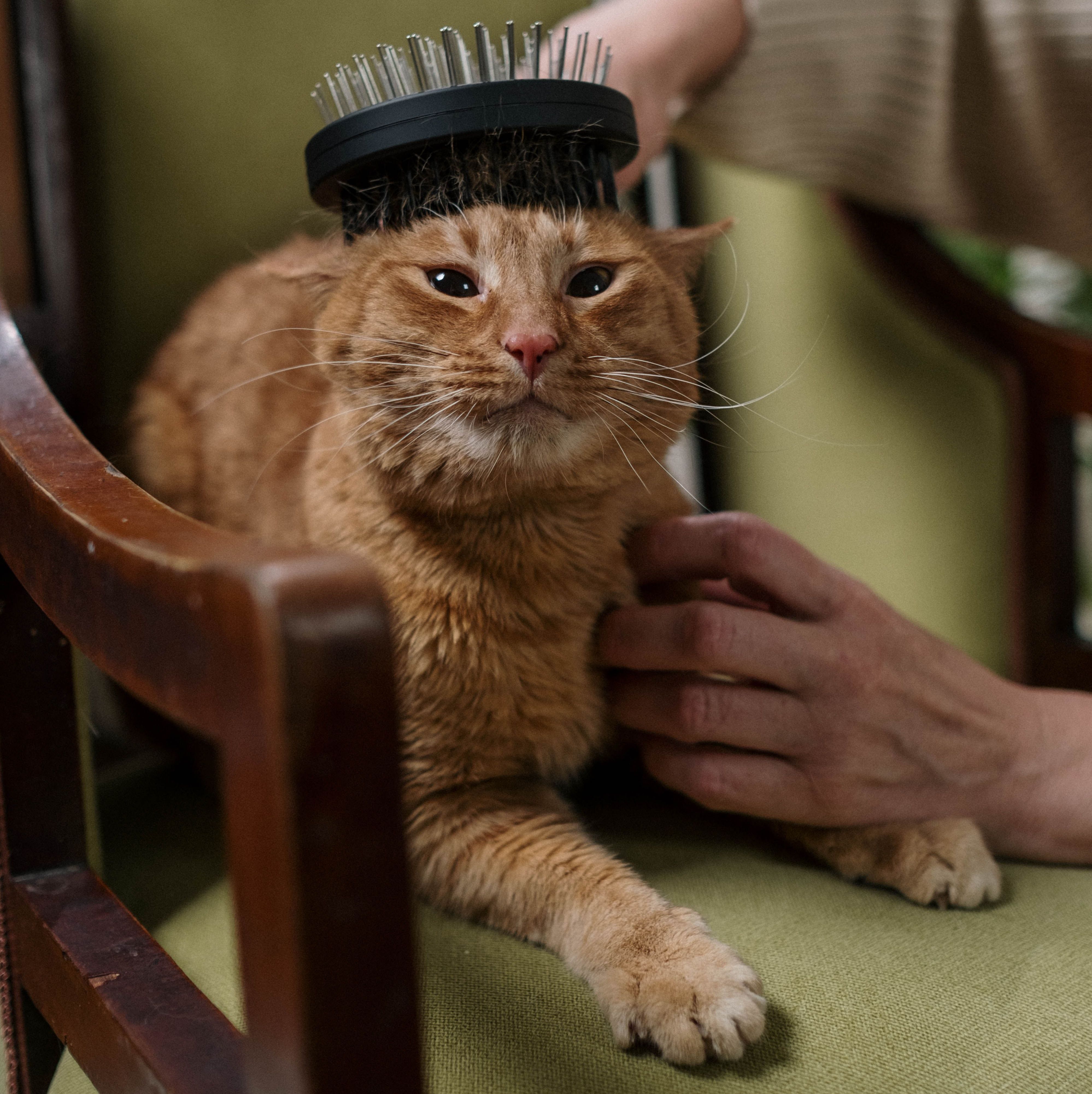
Wipe Your Counters
If your cat goes on the counters, you need to keep them clean. I wipe mine down before I use them every single time. More often than not, there will be no evidence that a cat has been on the counter. Keep cutting boards in the cupboard and a bottle of something antibacterial under the sink.
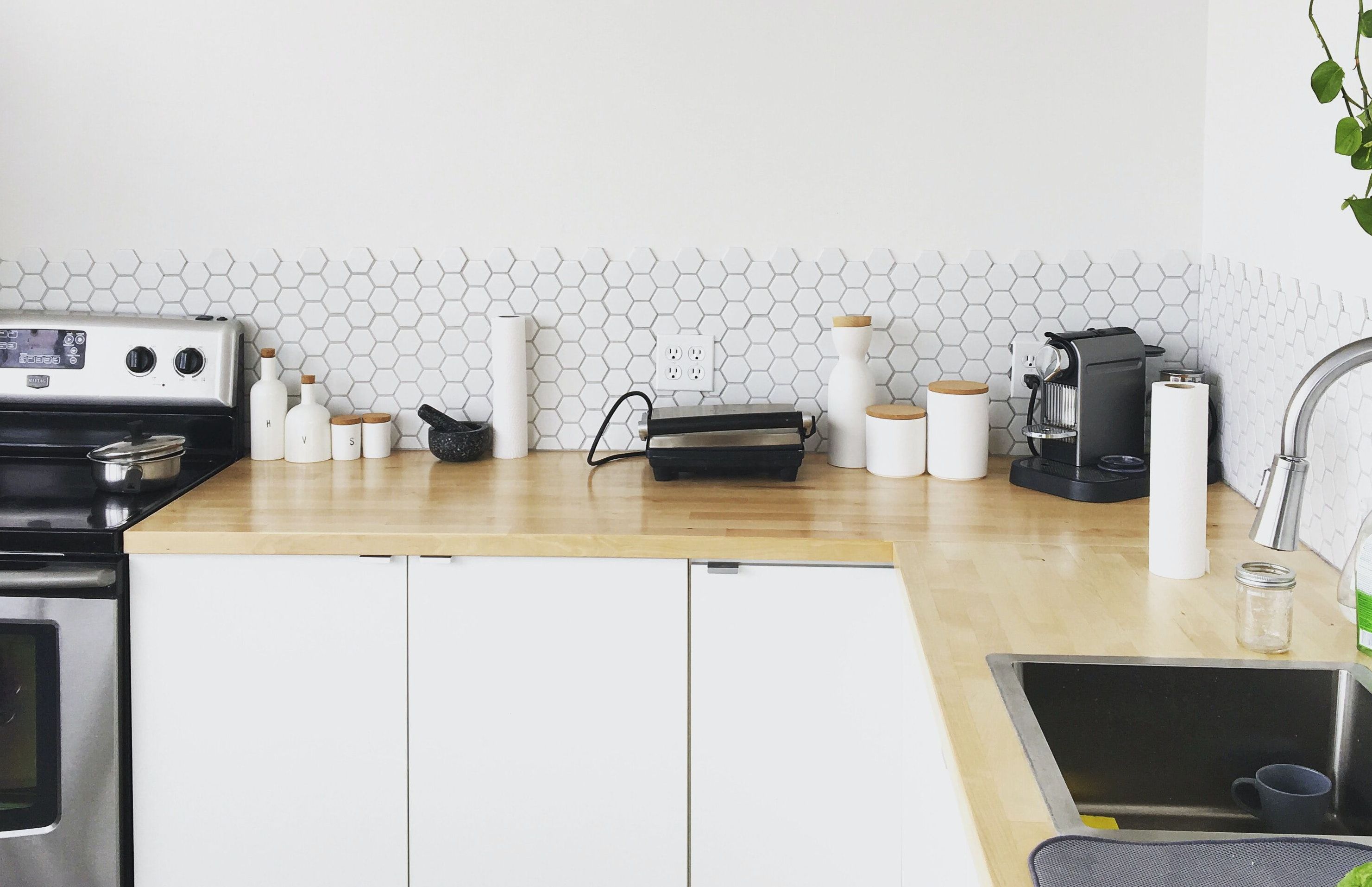
Keep The Food Bowls Clean
In an ideal world, your feeding bowls would be automated. If you can't get an automated one, at least get a stainless steel set. Say no to plastic which can harbor bacteria. Your bowls should be cleaned every day in the hottest water you can stand. You should also be fully sanitizing the bowls once a week. Apparently, pet food bowls are really germy. According to NSF International, a public health and safety organization, pet bowls are the fourth germiest thing in our houses. To sanitize, soak your bowls in a 1/4 cup bleach to one gallon of water for about 10 minutes and air dry. If you are feeding your cat raw food, the bowls need to be sanitized after every meal.
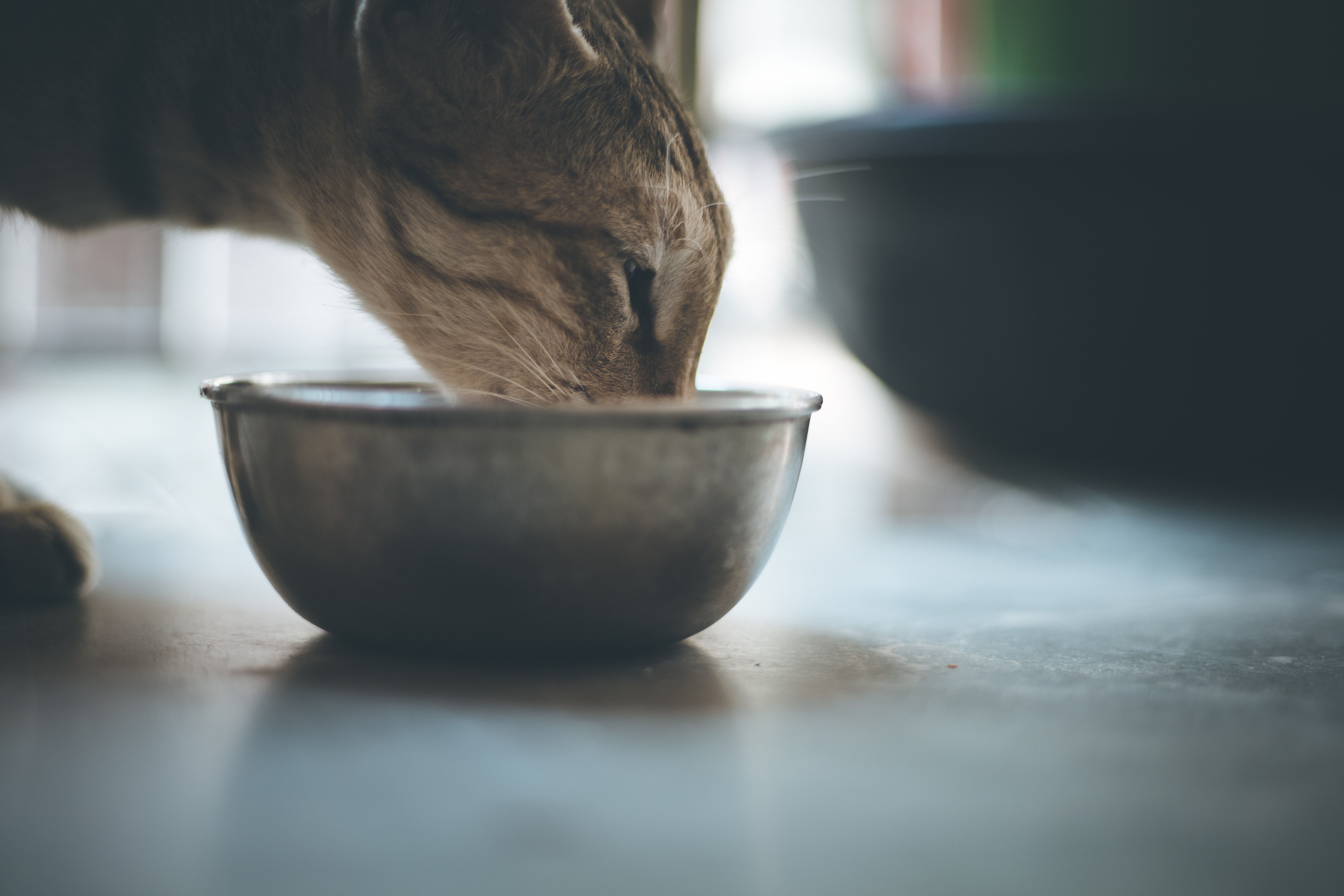
In closing, I want to make sure to let you know that the likelihood of a person catching a disease from their pet is low, particularly if the correct precautions are taken. That's why I listed all the ways you can keep on top of this. There is no reason why the millions of pet owners across the world can’t enjoy the companionship and joy their animals provide. If you haven't been keeping things as clean as you should, now is a good time to start.
PS: just so we end on a fun note, the picture of the cat litter is actually cat poop fudge!
Yes, you did hear it correctly. Cat Poop Fudge IS a thing. This surprisingly tasty treat is always entertaining. Here's the 'scoop' on how to make it!
